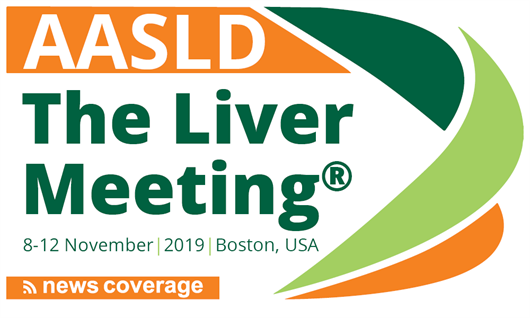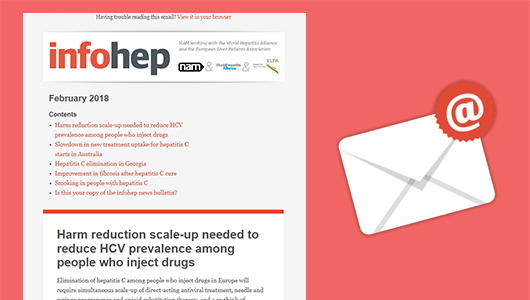Treatment with tesamorelin, a synthetic growth hormone-releasing hormone, reduced liver fat content and reduced the progression of liver fibrosis in people with HIV who had non-alcoholic fatty liver disease, researchers report in the journal The Lancet HIV this month.
Non-alcoholic fatty liver disease (NAFLD) – the accumulation of fat in the liver – is a growing cause of liver disease in people living with HIV. The authors of the study published this week say that NAFLD will soon become the greatest cause of liver-related ill health and deaths in people living with HIV, as more people are cured of hepatitis C.
By stimulating the production of growth hormone, tesamorelin also promotes an increase in levels of insulin-line growth factor (IGF-1), which promotes lipolysis (the breakdown of fats).
A previous study showed that tesamorelin reduced liver fat content over six months of follow-up.
In this study, 60 people were randomised to receive tesamorelin or placebo for 12 months.
Tesamorelin treatment was associated with a 37% reduction in liver fat. Just over a third of people in the tesamorelin group (35%) experienced a reduction of hepatic fat below 5% by 12 months, so that they were no longer classified as having NAFLD, compared to 4% of the placebo group.
Tesamorelin recipients were significantly less likely to experience progression of fibrosis (10% vs 37% in the placebo group).
The investigators say that further studies are needed to find out if the effects on liver fat and fibrosis persist after discontinuation of treatment, and when to initiate treatment with tesamorelin.




Connect with infohep on Facebook: Keep up to date with all the latest news and developments.
Follow infohep on Twitter for links to news stories and updates from infohep.org. Follow us at www.twitter.com/infohep.
Follow all the infohep news by subscribing to our RSS feeds.